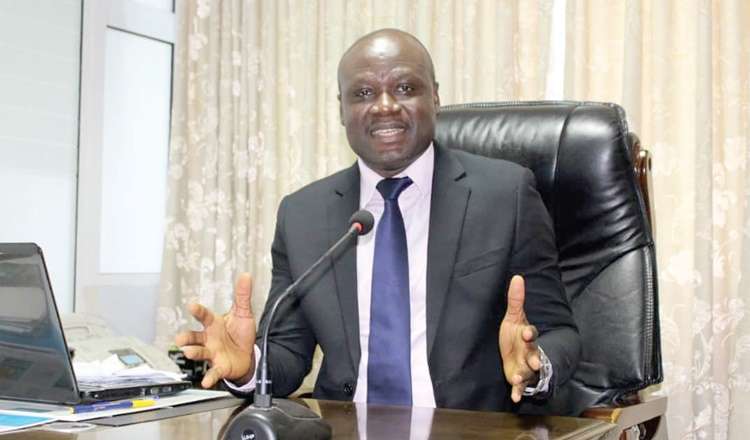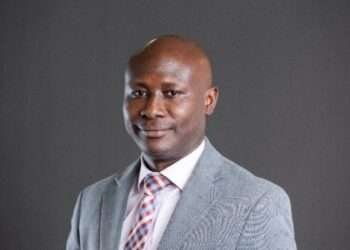Professor Godfred Bokpin, an economist, has raised concerns that the current International Monetary Fund (IMF) policy does not address leakages and waste of public monies.
According to the economist, the Fund overemphasized the need to grow revenue while failing to establish anti-graft procedures to avoid corrupt conduct in Ghana’s public financial management system.
Prof. Bokpin, speaking during an interview pointed out that the present agreement will make Ghanaians more susceptible.
“I have a problem with the design of the programme. By the time we are done, it will leave more Ghanaians vulnerable than it sought to achieve.”
Professor Godfred Bokpin
He highlighted that, while Ghana’s tax-to-GDP ratio is not the best, enhancing revenue collection without closing the loopholes that incentivize corruption will offer little results.
“In as much as a spoiled child needs money, that spoiled child needs more discipline and measures to tackle corruption. Increasing revenue without proper measures to ensure its efficient usage will be counterproductive.”
Professor Godfred Bokpin
The economist believes that for a developing country with revenue leakage issues, the program should have established rigorous steps to discourage acts of corruption.
“I have gone through the programme. The programme is largely mute on corruption measures. The programme is largely mute on wasteful expenditure cut. The programme is heavily based on revenue based fiscal consolidation. I think by design, it is an error”.
Professor Godfred Bokpin
Prof Bokpin emphasized that it will be in the country’s best interests to self-impose anti-graft measures in order to reduce waste in the public sector.
Businesses Dissatisfied With Forceful Revenue Moves
The Ghana National Chamber of Commerce and Industry (GNCCI) had expressed concern regarding revenue mobilization under the $3 billion IMF assistance program.
According to the Chamber, if the recommendations are accepted, it will have a negative impact on firms who are already saddled with multiple taxes and other unfavorable conditions.
Mark Badu-Aboagye, the Chamber’s Chief Executive Officer, stated that the country is currently experiencing some sort of economic crisis.

“Businesses in Ghana are very ready. I told you the last time that we conducted a research, we realized that the SMEs in Ghana are growth-oriented, which means that by giving them the opportunity they can grow to become multinationals.
“When you introduce externalities like taxes, like high-interest rates, like levies, then you go to the bottom line and you realise that all of them are making losses, which means that, that component needs to be managed.”
Professor Godfred Bokpin
Read also: Cedi Suffers Over 21% Depreciation Against The US Dollar May 2023- BoG





















